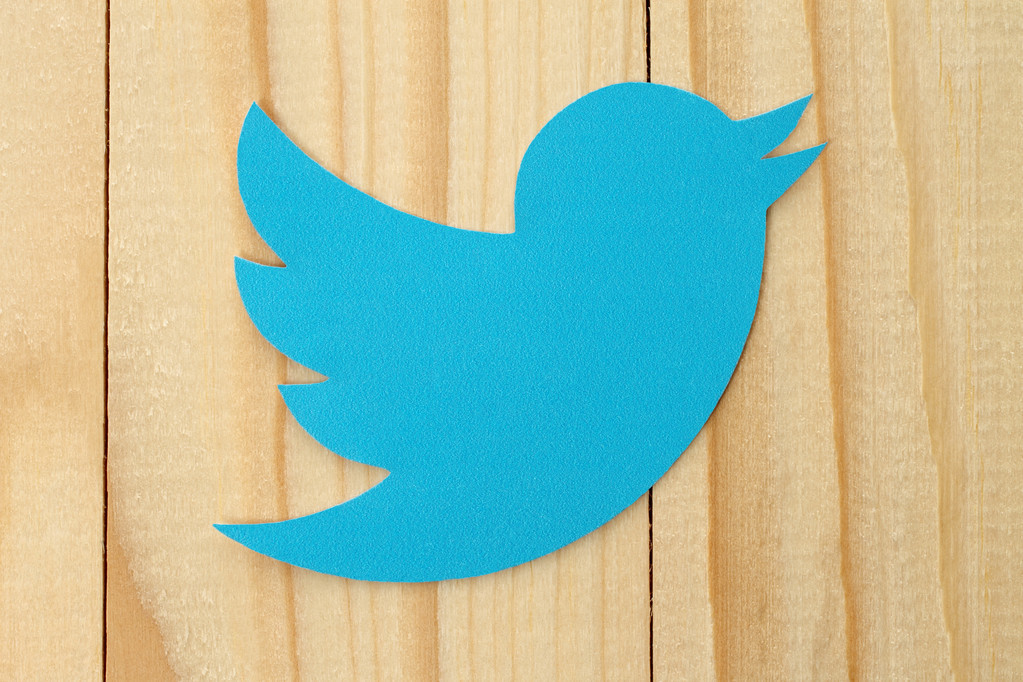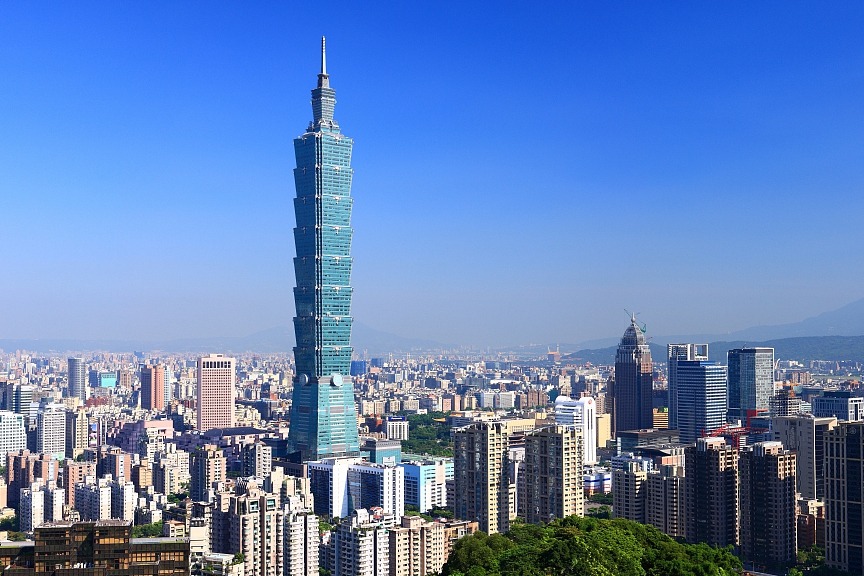Twitterplomacy is less about resolving issues than playing to a domestic audience


Welcome to the era of Twitterplomacy, in which major international issues are addressed in 280 alphabet characters or less.
President Donald Trump, with his daily online responses to matters of the day, is often regarded as a pioneer in the field. In reality, the trend toward global politicians communicating via virtual one-liners was well under way before he transformed it into a surrealist art form.
In a recent Twitter posting, Trump praised President Xi Jinping as a great leader who had the respect of his people before proposing, in connection with events in Hong Kong: "Personal meeting?"
Stumped for a response to this unconventional approach to what it regards as a domestic issue, Beijing wisely chose to ignore it.
There is a place for one-on-one encounters between world leaders to resolve issues of mutual interest. They can sometimes break the deadlock that tied up diplomats and negotiators lower down the line.
But top-level meetings, proposed on little more than a whim, have little chance of progress without the diplomatic spadework required to give them any chance of success.
Trump's critics have warned of the perils of his transactional approach to international relations in which he believes leaders should sit down together like company CEOs and hammer out advantageous deals with little regard for their wider global obligations.
Maybe they are missing the point. Perhaps the attraction of Twitterplomacy is less about resolving issues than in playing to a domestic audience or diverting attention from more pressing problems.
As a communications technique employed by certain world leaders, it is not entirely new. Before the internet there was "megaphone diplomacy" that involved loud, frequently threatening and very public exchanges between global antagonists.
China's Foreign Minister Wang Yi used the phrase in 2015 to describe a series of public interventions by US officials and politicians criticizing China's policy in the South China Sea.
The one virtue of megaphone diplomacy is that, in principle, it requires reflection and forethought. Wisely deployed, it can be used to warn others of the consequences of unprovoked aggression.
Instant messaging apps such as Twitter, however, tend to reinforce the spur-of-the-moment thoughts and prejudices that even world leaders can be tempted to share in an instant, only to repent at their leisure.
The Christian Science Monitor newspaper in the US spotted the trend as early as 2011, when Twitter was just five years old. It listed the then octogenarian Fidel Castro of Cuba as one of its most active users, alongside Venezuela's Hugo Chavez and North Korea's Kim Jong-il.
Barack Obama, Trump's more reflective predecessor, had seven million followers on the messaging service just two years into his presidency.
Trump, after signing up at the start of his term, now has almost four times as many people – the US citizens and others – following his messaging feed. Postings range from the characteristically self-congratulatory to the tersely cryptic, such as "We are doing very well with China, and talking!" from Sunday.
Outside the US, instant messaging appears to have become the vehicle of choice for British and European politicians embroiled in the UK's continuing Brexit crisis at a time when their parliaments are in recess.
It can all be seen as part of a wider trend, at least in the West, for political leaders to talk directly to their citizens – often in imprecise and emotional tones – over the heads of other politicians and bureaucrats.
Boris Johnson, the United Kingdom prime minister, recently boasted – via Twitter – that he had hosted the first "people's parliamentary questions" – via Facebook.
The mid-August exercise in direct democracy involved voters having an opportunity to put questions directly to Johnson via Facebook, in the same way that MPs can question the prime minister face-to-face in Parliament on a weekly basis.
Critics countered that the technique allowed Johnson and his aides to pick the questions they chose to answer, while denying the questioners any right of reply. Not quite direct democracy, in other words.
For large numbers of ordinary people, online social media is a valuable resource. But it is not clear that it has done anything to enhance the level of international interchange.
It gives populist politicians an additional means to appeal directly to their base, often by insulting perceived enemies both foreign and domestic. Such messages are spread, amplified and frequently exaggerated by their own followers.
A number of US commentators have made the point that Trump appears to have reversed President Theodore Roosevelt's dictum that a US leader should "speak softly and carry a big stick". Under Trump, they say, the US speaks loudly and carries a small stick.
In any event, world leaders should follow the simple rule of thumb that applies to anyone who uses messaging and sharing apps: think twice before you press "send".


































